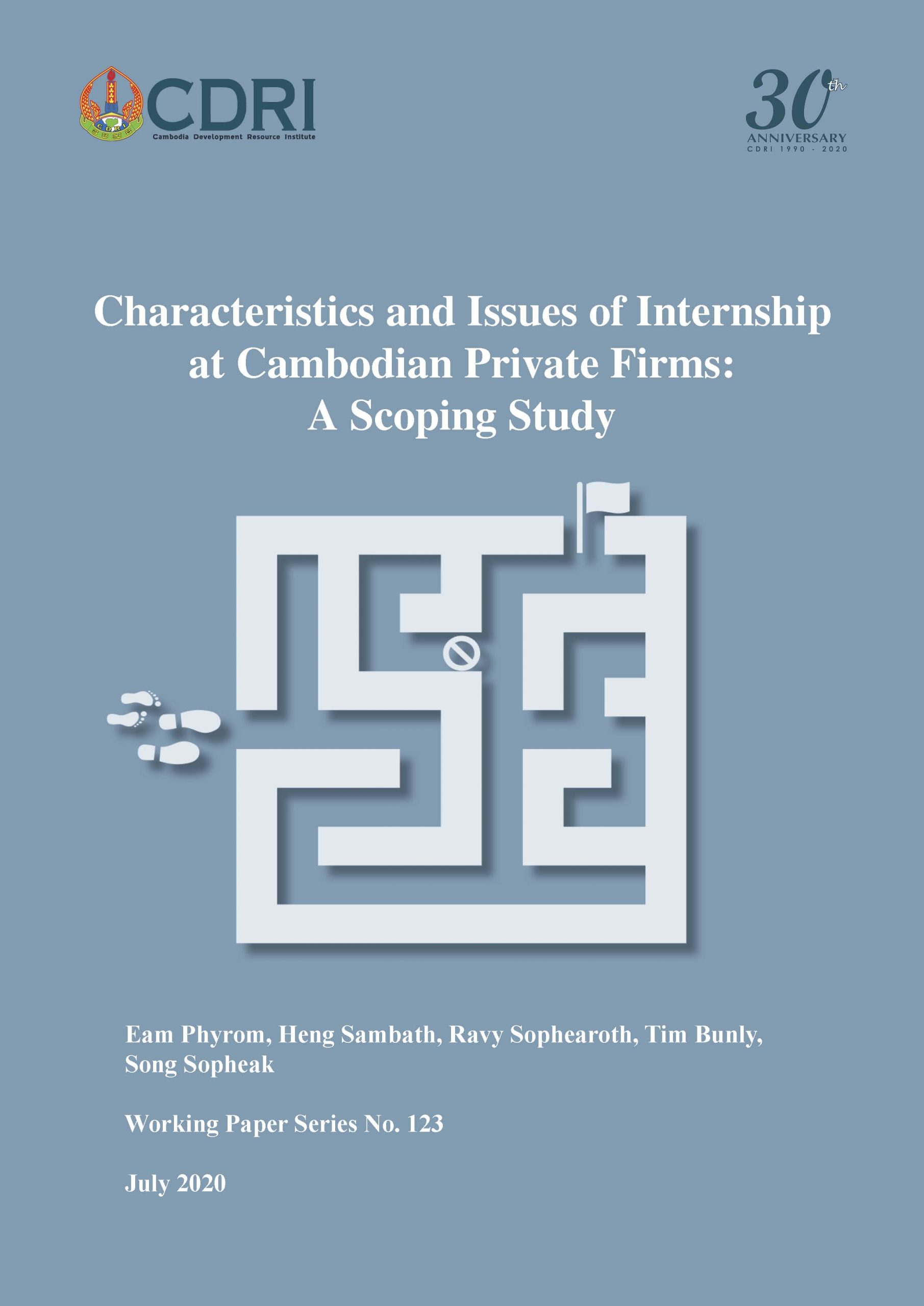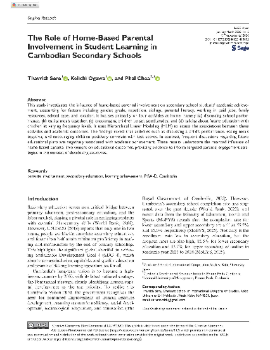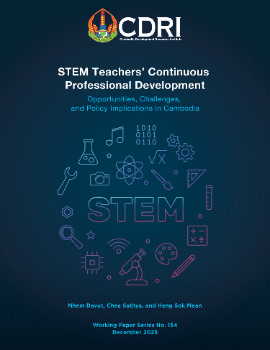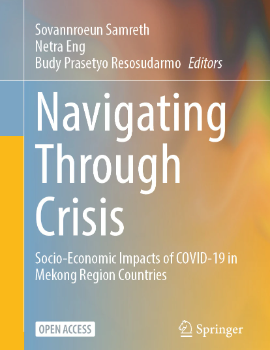
Characteristics and Issues on Internship at Cambodian Private Firms: A Scoping Study
Keyword: Internship, Cambodian private firms, skills mismatch, skills gaps, low-skilled labour
Abstract/Summary
To address the problems of skills mismatch, skills gaps and low-skilled labour that is hindering Cambodia’s economic development, the RGC issued the 2017 Internship Policy. Part of a larger endeavour to link providers of Technical and Vocational Education and Training (TVET) to private firms, the project aimed to give TVET students real, workbased experience. This paper aims to scope the fundamental structures and characteristics of these internship programs. With the participation of 14 private firms (responsible for 25 interns) who are taking part in the program, this study explores its purposes, processes, costs, challenges, benefits and participants’ levels of satisfaction. The study ultimately recommends enhanced collaboration between firms and TVET providers at different stages in the project, focusing on meaningful internship experiences and value-added vocational capabilities, including generic vocational competencies, specific occupational competencies, independent attitudes and directed opportunities.



